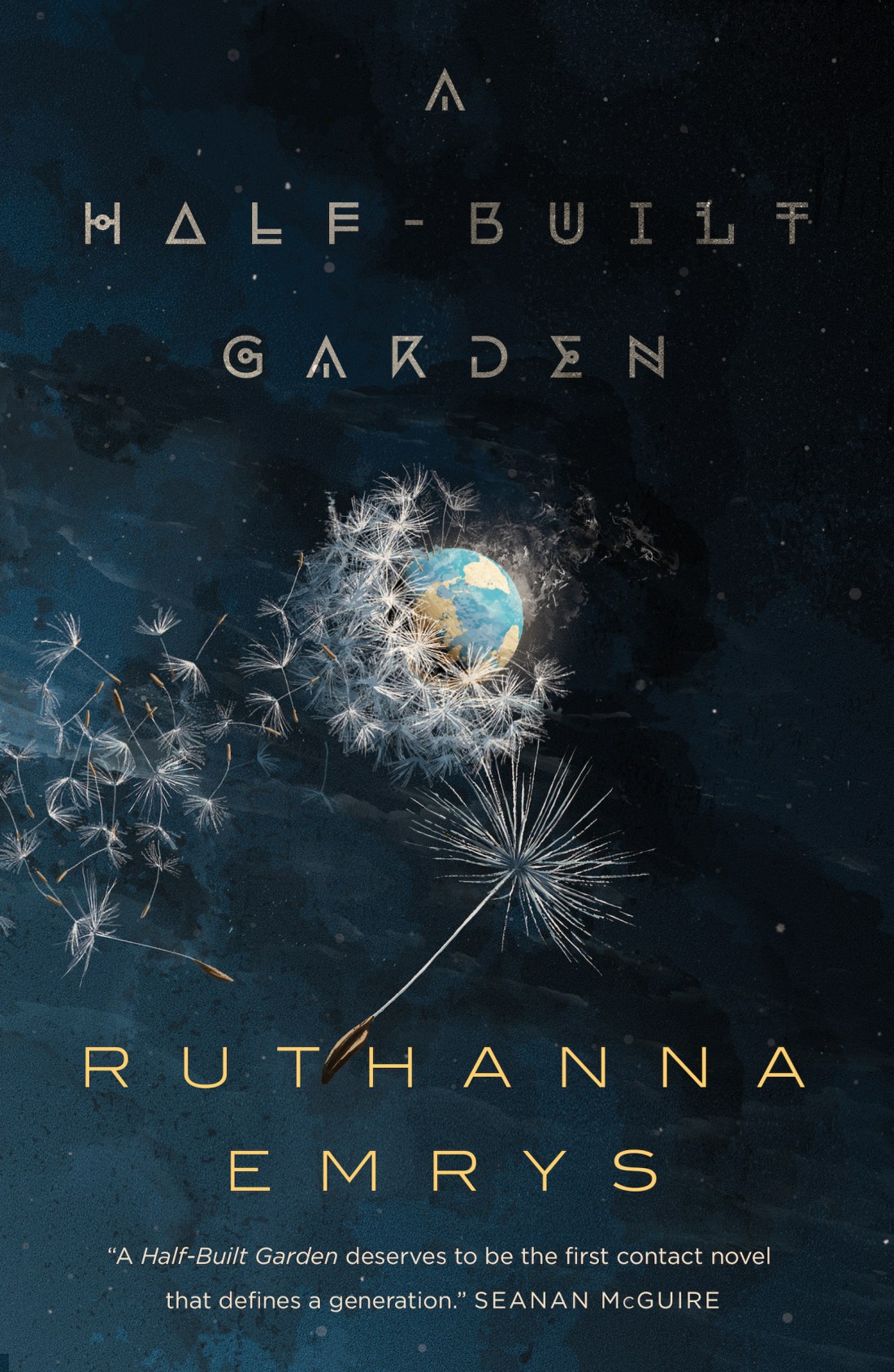Solarpunk AI and Social Ecology: Cultivating the Democratic Garden
TL;DR: LLM AI has the potential to revolutionize democratic governance in online communities by improving communication, promoting inclusivity, enabling participatory decision-making, and providing valuable insights that could be applied to broader societal contexts.

- LLM AI can enhance democratic governance in online communities by facilitating better communication, understanding, and inclusivity.
- AI-driven moderation tools can help maintain a safe and healthy digital environment by addressing harmful behavior and disinformation.
- LLM AI can enable more direct and participatory democracy by analyzing data and identifying pressing issues, allowing community members to engage in decision-making processes.
- Experimenting with AI-driven democratic governance online can provide valuable insights that may be applicable to broader societal contexts.
- Integrating LLM AI into democratic processes can help create a more resilient, inclusive, and adaptable society, akin to the thriving democracy in Emrys' novel, A Half Built Garden.
In the world of Ruthanna Emrys' novel, "A Half-Built Garden," the concept of the Dandelion Network introduces a decentralized, self-organizing structure that emphasizes the importance of diverse social interactions for a healthy, well-functioning democracy. Drawing inspiration from this idea, we can envision how large language models (LLM) AI can be utilized to experiment with democratic governance in our online communities, and potentially, in the broader society.
The advent of advanced LLM AI technologies opens up new possibilities for enhancing and refining our democratic processes, particularly in the online sphere. By integrating AI into the governance of online communities, we can create systems that are more responsive, adaptive, and inclusive, catering to a variety of needs and perspectives.
One way LLM AI can contribute to this vision is by facilitating better communication and understanding among community members. AI can act as a mediator, translating complex concepts and ideas into accessible language or even breaking language barriers altogether. This improved communication fosters a more inclusive environment, where diverse perspectives can be shared and acknowledged.
Additionally, AI-driven moderation tools can be developed to maintain a safe and healthy online community. By identifying and addressing harmful behavior and disinformation, AI can help create a digital space where constructive conversations and debates can flourish without being hindered by toxic or misleading elements.
LLM AI can also be instrumental in creating mechanisms for more direct and participatory democracy within online communities. By analyzing data and identifying trends, AI can help surface the most pressing issues and concerns among community members, enabling them to participate in decision-making processes more effectively. This can lead to a more responsive and adaptable governance model that truly reflects the will of the people.
As we experiment with LLM AI-driven democratic governance in online communities, we can gather valuable insights and lessons that may be applicable to broader societal contexts. The potential for AI to help us reimagine our democratic processes is immense, and as we explore this new frontier, we can strive to create a society that is more resilient, inclusive, and adaptable – much like the thriving garden in Emrys' novel.
I'm far from the only person to think of this, Henry Farrel on Cooked Timber says much the same thing. But I doubt he used ChatGPT to do most of the writing like I did with this piece. ;-D